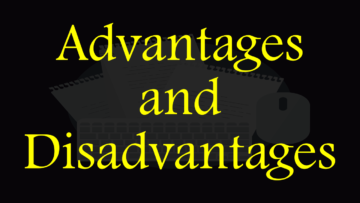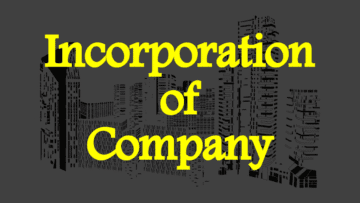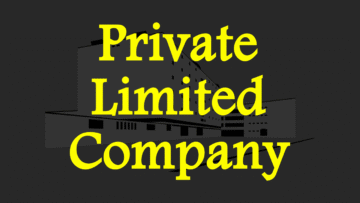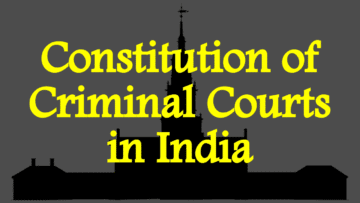The term capital is used in various fields, but for now we will talk about owner-related capital.
Business is an economic activity and to do economic activity many things are required like products, money, places, etc. When the business is started then the business does not have anything of its own due to which the business is not able to do economic activity that is why the owner of the business invests in the business so that the business can do economic activity and this investment is called capital.
Whatever the owner invests in the business is called capital, but the investment must have economic value like money, machinery, furniture, equipment, land, buildings, products, etc. The cost incurred in starting and closing the business is also added to the capital.

Table of Contents
What is Capital?
Capital is the investment of the owner in the business and being a liability for the business it is shown first in the liabilities side of the balance sheet. The capital account is prepared for capital and if the balance is positive then the balance of the capital account is always credit. Whatever the owner invests in the business is added to the capital and whatever he withdraws from the business is deducted from the capital.
Generally, the term capital is used in sole proprietorship business, partnership business, one person company, etc. and in these businesses capital account is prepared for the management of capital, and capital is also shown in the balance sheet. Capital increases due to investment, profit, interest, salary (Remuneration), etc. and capital decreases due to withdrawal, loss, payment, etc.
Features of Capital
Following are the features of capital:
1. Economic Value:
Capital has economic value as it includes only those things that have economic value such as money, land, buildings, products, machinery, etc. Capital can be converted into money or money equivalents, and it is not constant as it keeps changing from time to time
2. Investment:
Capital is the investment of the business owner and without capital, a business cannot be started. Whatever investment is made in the business by the business owner is included in the capital and it remains till the existence of the business. The investment includes only those things which have economic value
3. Liability:
Capital is a liability for the business because the business has to return the capital and until the business returns the capital, the liability remains for the business. In many cases, the business also has to pay interest on the capital if there is any such thing at the time of investment.
4. Shown on the Balance Sheet:
Capital is shown or recorded on the balance sheet because it is a liability for the business. Capital is shown first on the liability side of the balance sheet. Liabilities are subtracted from assets to get the amount of capital in the business. Capital plus liabilities always equals assets.
| Assets – Liabilities = Capital |
5. Fluctuation:
Capital does not always remain constant, it keeps changing from time to time because many things affect capital like investment, profit, loss, withdrawal, salary, interest, etc. Whenever there is an investment, interest, profit, etc. then the capital will increase and whenever there is withdrawal, interest, loss, etc. then the capital will decrease.
Read Also:
QNA/FAQ
Q1. What is Capital?
Ans: Capital is the investment of the owner in the business.
Q2. Is capital an investment?
Ans: Yes, capital is an investment.
Q3. Is capital shown on balance sheet?
Ans: Yes, capital is shown on the balance sheet.
Q4. Write the formula of capital.
Ans: Assets – Liabilities = Capital
Q5. Is capital a liability?
Ans: Yes, capital is a liability.
Q6. Write the features of capital.
Ans: Following are the features of capital:
1. Capital has economic value.
2. Capital can be converted into money or the equivalent of money.
3. Capital is an investment for the owner.
4. Capital is a liability of the business.
5. Capital is shown on the balance sheet.
6. Capital is shown under the liability side on the balance sheet.
7. Capital is not fixed.
8. Capital helps to start a business.
9. Capital helps to operate a business.
10. Interest may be applicable on capital.













